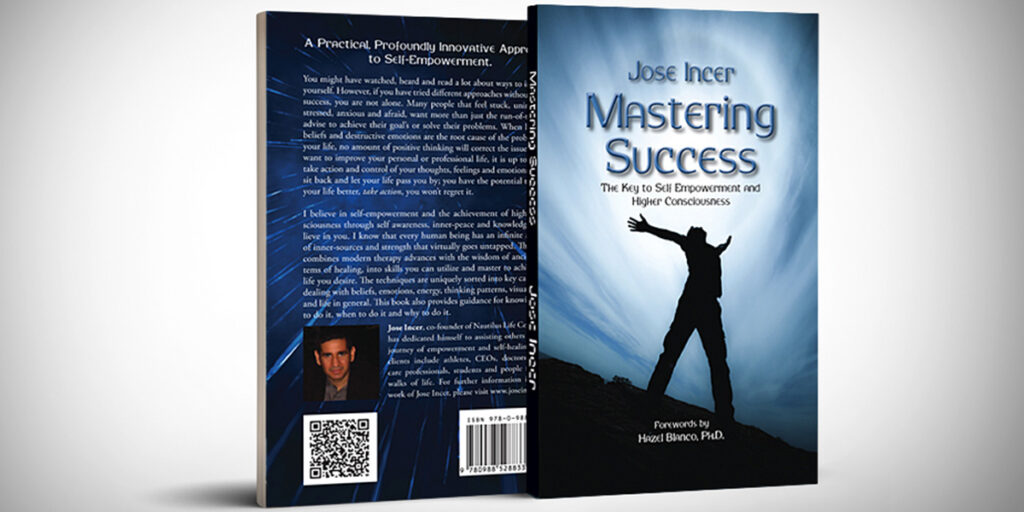Empowerment NLP Technique: Swish Patter
The Cost of Living Crisis: A Growing Concern –
Inflation isn’t just a number on a report, it’s the weight pressing down on everyday life. Prices rise, paychecks stretch thin, and the future feels uncertain. In February 2025, inflation sat at 2.8%, but that number doesn’t capture the full picture. The cost of necessities—housing, food, and transportation—continues to climb, leaving many feeling financially trapped. It’s not just numbers; it’s the rising tide of unease, an undercurrent of anxiety tightening its grip.
The Consumer Price Index (CPI) tracks inflation through a “basket of goods and services,” reflecting how rising costs affect daily life. Yet, this doesn’t account for the emotional toll. The stress of watching grocery bills increase or rent creep higher plants seeds of worry, watering them with uncertainty. Inflation isn’t merely economic; it’s psychological, triggering a deep-rooted fear of scarcity, loss, and instability.
A Runaway Train: The Emotional Toll of Inflation
Like a train speeding down a track with no brakes, inflation feels out of control. You’re helpless to stop its momentum, and you fear the inevitable crash. This relentless rise in prices isn’t just a financial burden, it’s an emotional one. Anxiety thrives in uncertainty, and when costs spiral unpredictably, so do our thoughts.
Mental chatter amplifies this distress. That inner voice whispers doubts: Will I be able to afford my mortgage next year? What if prices keep rising? These concerns spiral into overthinking, paralyzing decision-making and feeding further stress. The brain perceives inflation as a threat, igniting survival instincts—fight, flight, or freeze. But without clear solutions, anxiety festers, morphing into chronic stress that erodes well-being.
Inflation isn’t just about economics, it reveals underlying fears of loss, scarcity, and lack of control.
Exploring the Root Causes of Anxiety and Limitation
Economists like Isabella Weber and neuroscientists like Karl Deisseroth emphasize the importance of understanding the deeper roots of conflict and anxiety. Inflation isn’t just about economics, it reveals underlying fears of loss, scarcity, and lack of control. When policies shift rapidly and financial stability feels fragile, uncertainty fuels distress.
Anxiety is often born from perceived limitations. Rising costs reinforce the belief that we are trapped, powerless against an uncontrollable system. This limitation isn’t just financial, it extends to mental and emotional resilience. The key to managing anxiety isn’t merely controlling external factors but understanding and reshaping internal responses.
The Power of the Subconscious Mind in Managing Anxiety
The subconscious mind is like the foundation of a building, often unseen but incredibly influential. Anxiety, like a persistent tremor, shakes this foundation. Unchecked, it creates deep emotional fissures, leading to chronic stress. But by exploring this subconscious landscape, we can shift our internal responses to external pressures.
Anxiety is rooted in past experiences and conditioned fears. When inflation triggers stress, it often resurrects deeper fears, of not having enough, of losing security, of being unprepared. Through tools like hypnosis, coaching, NLP, and meditation, we can rewire these emotional patterns, replacing fear-driven reactions with empowered responses.
Tools for Reclaiming Control: Hypnosis, Coaching, NLP, Meditation, and Emotional Intelligence
Managing anxiety in an inflation-driven world requires more than just financial strategies, it demands emotional mastery. Here’s how each tool plays a crucial role:
- Hypnotherapy: The subconscious mind drives over 90% of thoughts and behaviors. Hypnosis helps reframe limiting beliefs around scarcity, reducing the emotional grip of anxiety.
- Neuro-Bilateral Reset™: A powerful method designed to desensitize anxiety by calming the nervous system and resolving emotional overload at its source. Through gentle integration of mind and body, it clears the emotional charge behind anxious thoughts, allowing for lasting relief and mental clarity.
- Coaching: A structured approach to self-awareness, coaching shifts perspectives from fear-based reactions to solution-oriented thinking, fostering resilience.
- NLP (Neuro-Linguistic Programming): By rewiring mental patterns, NLP transforms anxiety-inducing thoughts into empowering beliefs, creating a sense of inner control despite external instability.
- Meditation: This practice quiets mental chatter, breaking the cycle of overthinking. By cultivating mindfulness, meditation helps individuals stay present rather than being hijacked by future financial fears.
- Emotional Intelligence: Understanding and managing emotions effectively reduces reactivity. By recognizing anxiety triggers and responding with awareness, emotional intelligence becomes a powerful tool for stress resilience.
Swish Away Financial Stress: Reclaim Your Calm Amid Rising Costs
To tackle anxiety about inflation and the rising cost of living, try using the NLP Swish Pattern—a simple yet powerful exercise that shifts your mindset from fear to empowerment. Begin by sitting comfortably and taking a few deep breaths to center yourself. Now, create a mental image of your current anxiety around inflation—perhaps it looks like a gray, heavy scene of bills piling up or feeling overwhelmed at the grocery store. Hold that image briefly, then imagine a vibrant, empowering picture of yourself instead—confidently navigating financial challenges, making wise choices, feeling calm, capable, and in control. See this new image in full color, filled with light, energy, and strength. With a quick mental “swish,” replace the anxious image with the empowering one, making the positive image larger, brighter, and more vivid as the negative one shrinks and fades. Feel the emotional shift as you do this. Repeat the process three times, each time letting the empowering version of you take center stage. With consistent practice, this rewires your focus toward clarity and resilience, helping you face the cost of living with a sense of confidence and calm.
Breaking Free from Anxiety’s Grip
Inflation-induced anxiety thrives on uncertainty, but resilience grows through conscious action. When fear whispers, challenge it. When anxiety tightens its grip, loosen it through self-awareness. External circumstances may be beyond control, but internal responses are within reach.
Like a storm, financial uncertainty will pass. The key lies in standing firm, using tools that foster emotional strength. By mastering self-talk, embracing subconscious exploration, and applying practical strategies, we reclaim a sense of security—not from the economy, but from within.
Empowerment in Uncertain Times
Inflation is a reality, but anxiety doesn’t have to be. The key to navigating financial stress isn’t just about numbers—it’s about mindset. Like a train with no brakes, anxiety can feel overwhelming, but with the right tools, we can steer our emotional response and regain control.
By understanding the deeper roots of fear, exploring the subconscious, and applying proven techniques like hypnosis, NLP, coaching, meditation, and emotional intelligence, we transform anxiety into action, uncertainty into empowerment. The economy may fluctuate, but inner stability is a choice. And in that choice lies freedom.








